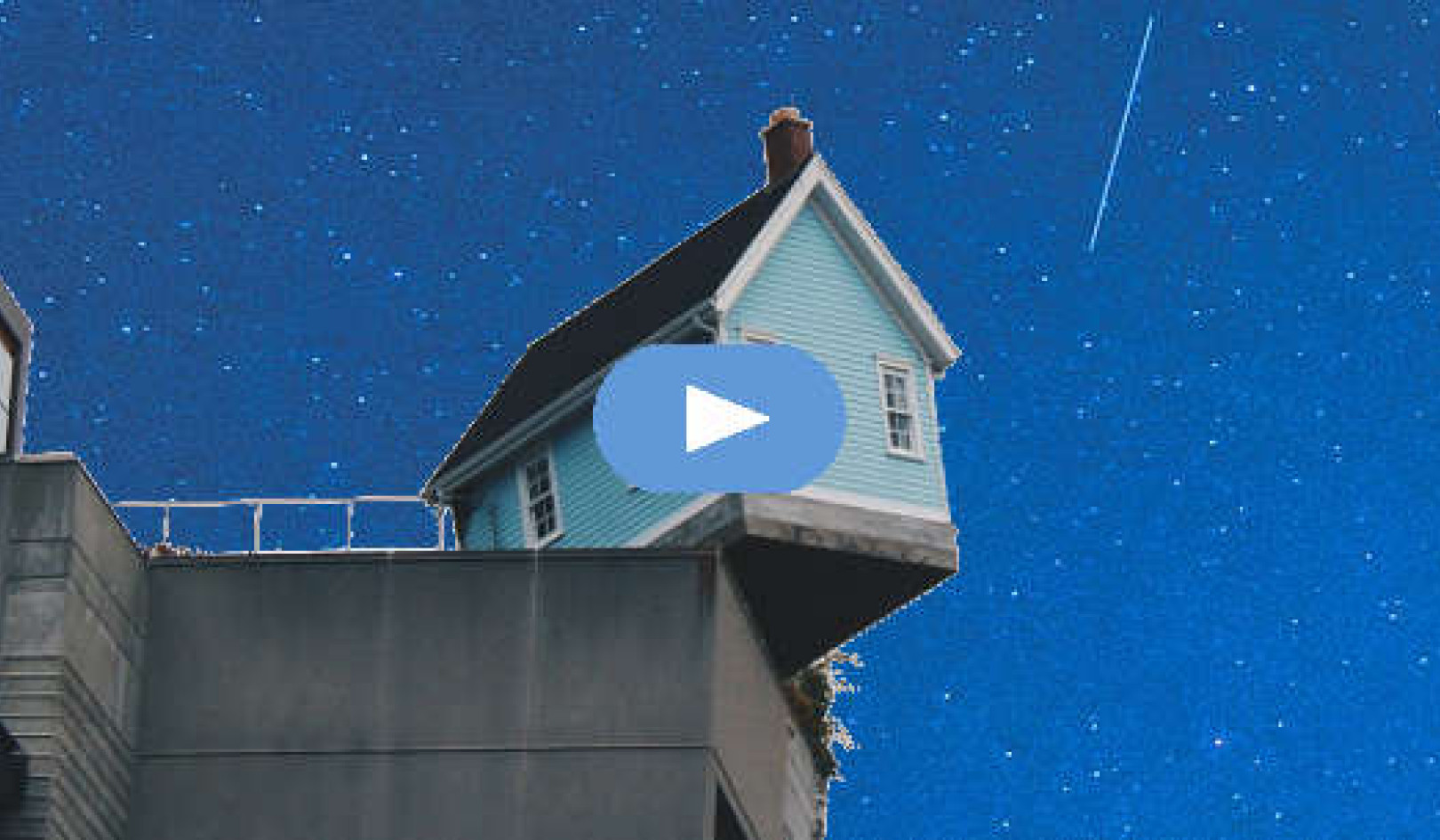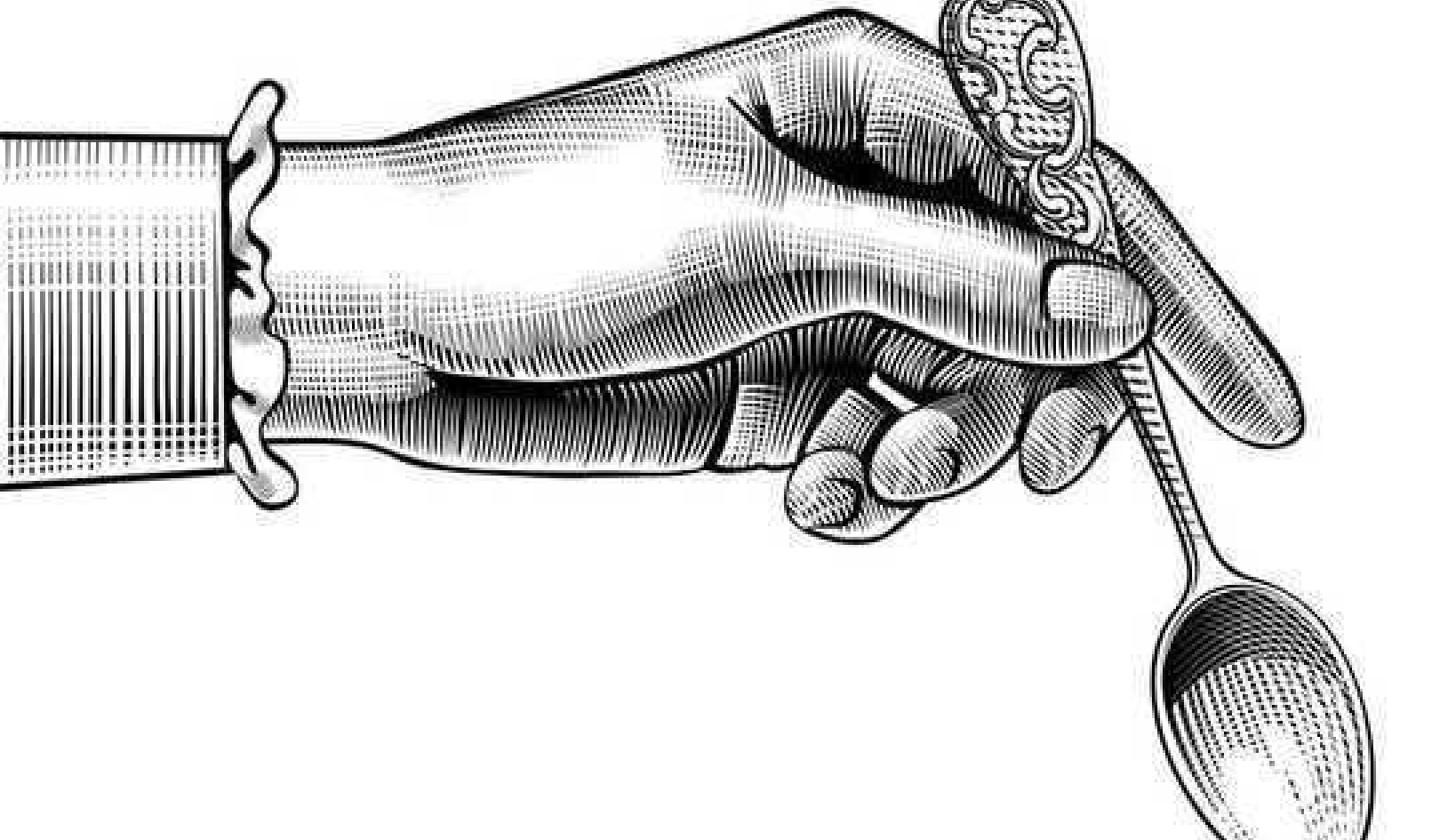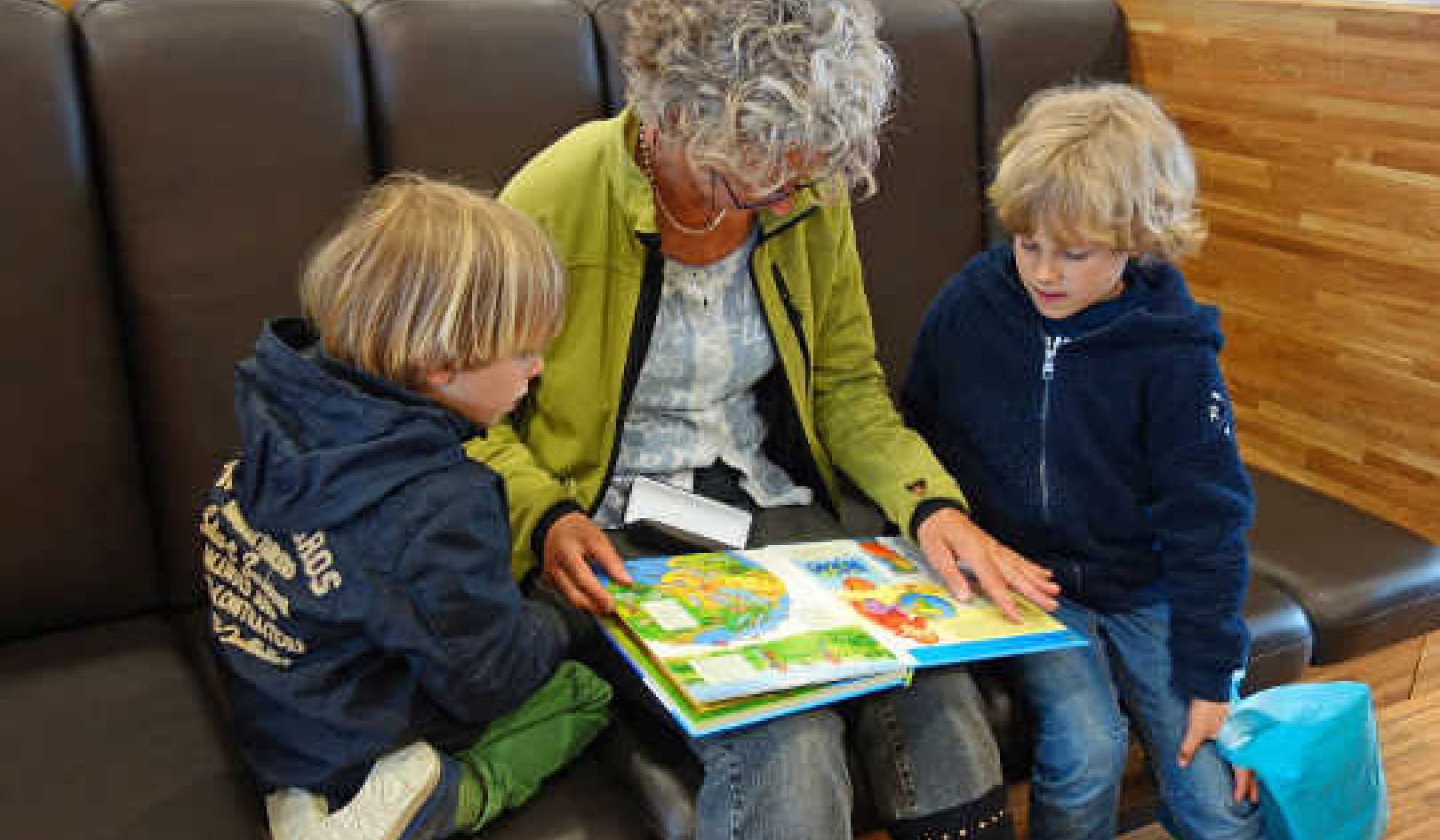
What is the meaning of your work?
What does it symbolize, stand for, or represent?
This meaning is a powerful predictor of life and death.
We live out the meanings.
Meaning enters the body and makes the difference,
in many cases, in life and death.
-- Larry Dossey, M.D.
Our life is more than our work,
And our work is more than our job.
-- Charlie King
Our calling, according to theologian Frederick Buechner, is the place where "our deep gladness and the world's deep hunger meet." Many people believe that we are born with a "soul purpose," some task that we feel drawn to complete or a gift that we long to express.
Discovering our life purpose and finding the courage to live it out is a process that is unique to each individual. Some lucky ones seem to have been born knowing their purpose and go straight after it regardless of what their parents or teachers said. Most of us need to stumble around a bit. Some people despair of ever finding meaningful work; others hold back because they don't feel qualified.
We look around and see a planet in trouble because too many people have blindly done what seemed to be expected of them, following the status quo, taking jobs that support the consumer economy instead of doing what their hearts urge them to do. Now, more than ever before, the world needs the unique gift that each person has to give. And yet, it requires courage and patience to follow the path of the heart. Following that path may not provide an income right away, while we are developing our skills or getting the training we need.
Illness As a Turning Point
According to Lawrence LeShan, who wrote Cancer As a Turning Point, many people with cancer have a history of having lost, or never found, their life's most important work; when assisted in finding or rediscovering it, a surprising percentage go into full remission.
LeShan has a wonderful story about a New York City street-gang member whose buddies had all died or gone to jail. Languishing in a hospital bed with lymphoma, the young man felt that his life was over. LeShan drew out from his patient the key aspects of the gang lifestyle that were so fulfilling: crises calling for a strong team response, kick-back times of camaraderie. The life of a firefighter was similar enough to intrigue the former street fighter, and before long he was working toward his high-school GED. Years later, the young man was healthy, married, and enjoying his career.
Nor is cancer the only illness that occurs when we lose touch with our life's dream. In my years as a respiratory therapist, and later as a biofeedback therapist, I met many people whose illness or injury related to the lack of meaning they found in their jobs.
A patient I met in the hospital was a severely asthmatic bus driver who also had a sleep disorder. He admitted that he hated his job, but was trying to stick with it for just five more years until retirement. When I asked him what he dreamed of doing instead of driving the bus, his face lit up and a new energy infused him. "I'd like to open my own little barbecue joint," he confessed. A young woman with a repetitive strain injury from her boring word processing job spoke longingly of a career as a radio personality.
No matter how desperate our circumstances, there is hope.
After she fractured her spine and pelvis by leaping from the third story of a burning building, Ina Marx was told by doctors that she would never walk again. In the 1950's she was in constant pain, gaining more and more weight, addicted to prescription drugs and cigarettes. She attempted suicide twice. Then she discovered yoga, and regained her life. Teaching yoga became her passionate mission, and at age seventy she was slim and energetic, with the flexibility of a woman half her age.
Finding Our Soul's Purpose
Finding our soul's purpose is very much the hero's journey. However, unlike the solitary hero, we need not go it alone. Our path becomes clearer when we join with others in this quest. There's nothing like a support group for cheering each other on through the difficulties.
Barbara Sher, author of Wishcraft: How to Get What You Really Want, suggests a brainstorming session or "Idea Party," where support group members invite their friends and come together creatively to solve the tough problems and share resources. The wildly unexpected and synchronous flow of spontaneous ideas makes this one of the most exciting and delightful activities I have experienced. People naturally enjoy assisting one another.
Balance is an important aspect of livelihood. For me, this means time working outdoors as well as indoors; having my hands in the soil as well as on a keyboard; learning as well as teaching; being with children as well as adults. What would bring more balance into your life?
Don't Wait Until You're Perfect To Begin
Don't wait until you're perfect to begin doing the work you love. Start! An easy way to begin is by doing it as a volunteer. You may need to detach your self-worth from what you earn and how you earn it, since your highest value and biggest contribution might not come from your paid work.
Our true worth does not depend on what we do; it is an unfortunate aspect of our culture that we are defined by what we do for an income. When our work feeds the soul and helps the planet, other things tend to fall into place.
Our work was meant to come from our hearts; our arms and hands were meant to give the gifts of the heart. One of my favorite prayers is "Use me!"
A shortcut to discovering your path and following your life's dream is to ask yourself these questions:
1. If I had only one year to live, what would my priorities be?
2. How would I spend my time?
3. What would I most want to contribute before I left?
It is a great gift to know that death is certain but the timing is unknown. This awareness helps us to be present in the moment, rather than living our entire lives in the past or future.
If I had just one year to live:
1. I'd start to follow my own advice. I'd think big, take more risks, and break more rules.
2. If it were my last spring, I'd spend more time admiring the flowering trees and daffodils.
3. I wouldn't take on any new karma; I'd work at clearing up all the old unfinished business.
4. Knowing that relationships are the most important aspect of life, I'd learn to communicate better and listen more.
5. I'd focus less on doing and accomplishing; when people inquired about my activities, I would mention my most outrageous and right-brained activities first, instead of the things I think they would approve of. I'd live radically, without fear of others' judgments.
6. I'd travel more, to gain perspective.
7. I would live the year as a giveaway, like a thundering waterfall, or like a bird singing Gloria!
8. I'd give myself the conditions I need to grow, including more play. Play is the key to happiness, power, abundance. With apologies to the Bard: Play's the thing with which I'll catch the consciousness of a King!
9. I'd live closer to nature.
10. I would focus on creating peace within me (acceptance of all parts of myself); peace between me and my family members, friends, coworkers, neighbors; peace between the human race and all other species ("all our relations"); peace on Earth.
Knowing that what dies is really my separate-self or ego, I am plotting its demise. Of course, if my ego is not dead by the end of the year, I can always get an extension on my misery.
* If I had only a few months left to live, I'd hire people to do the things I'd rather not do.
And if I had just one day?
* I'd live it totally from my heart, with no excuses.
(By the way, if you received a certificate giving the date of your death, would you let me know how you came by it? Mine was missing; a shipping error, I believe.)
CONSIDER:
1. What did you love to do as a child, aged nine to eleven?
2. What activity did you lose yourself in, for hours at a time?
3. What is your vision of a utopian society?
4. What gift or talent would you be willing to share, to contribute to its creation?
5. In your utopia, what would you be doing for the sheer love of it, whether or not you got paid?
Everybody has a gift to give to the world
-- so stop sitting on your assets.
-- Swami Beyondananda
Reprinted with permission. Copyright 2000,
published by Talking Birds Press.
Article Source
 The Circle of Healing,
The Circle of Healing,
by Cathy Holt
Deepening our connections with self, others, and nature.
Info/Order this book on Amazon.
The book "The Circle of Healing" can also be ordered directly from the author at 800-404-9492.
About The Author
 Cathy Holt, M.P.H., is a holistic health educator and environmental activist. She co-authored a previous book and tape series, Creating Wholeness: A Self-Healing Workbook Using Dynamic Relaxation, Images and Thoughts, with Erik Peper, Ph.D., and is a contributor to EarthLight magazine. She is a biofeedback therapist, an activist in the movements for peace, renewable energy, occupational health, deep ecology, and voluntary simplicity, and she also assists patients in preparing for surgery and leads workshops on letting nature heal. Visit Cathy's website at https://heartspeakpeace.com/
Cathy Holt, M.P.H., is a holistic health educator and environmental activist. She co-authored a previous book and tape series, Creating Wholeness: A Self-Healing Workbook Using Dynamic Relaxation, Images and Thoughts, with Erik Peper, Ph.D., and is a contributor to EarthLight magazine. She is a biofeedback therapist, an activist in the movements for peace, renewable energy, occupational health, deep ecology, and voluntary simplicity, and she also assists patients in preparing for surgery and leads workshops on letting nature heal. Visit Cathy's website at https://heartspeakpeace.com/
Related Books
at InnerSelf Market and Amazon


























